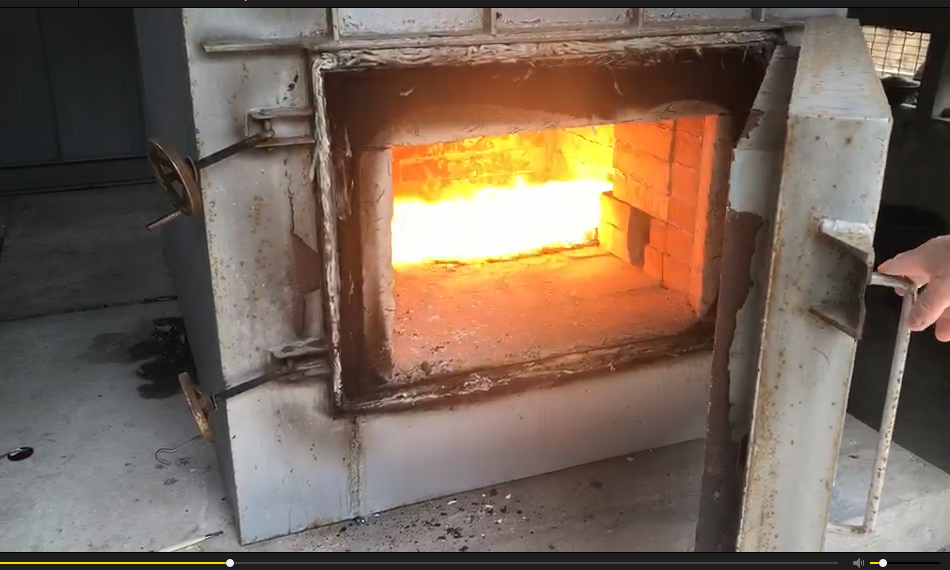Compost waste incinerators are a valuable tool in managing and reducing organic waste. These facilities use high temperatures to break down organic materials, converting them into ash, gases, and heat. This process not only reduces the volume of waste but also generates energy that can be used to power homes and businesses. While compost waste incinerators offer numerous benefits, they also come with their fair share of challenges.
One of the main benefits of compost waste incinerators is their ability to greatly reduce the volume of organic waste that would otherwise end up in landfills. This helps to alleviate the strain on these already overburdened facilities and reduces the production of harmful methane gas, which is a byproduct of organic waste decomposition in landfills. Additionally, the energy produced during the incineration process can be harnessed and used to power homes, schools, and other buildings, thereby reducing the reliance on fossil fuels and decreasing greenhouse gas emissions.
Another significant benefit of compost waste incinerators is the production of ash that can be used as a fertilizer. This ash contains valuable nutrients that can enrich soil and enhance plant growth, making it a sustainable alternative to chemical fertilizers.
However, despite these benefits, compost waste incinerators also pose several challenges. One of the main concerns is the release of harmful pollutants into the air during the incineration process. These pollutants, such as carbon monoxide, nitrogen oxides, and particulate matter, can have detrimental effects on human health and the environment. To mitigate these risks, strict emission regulations and monitoring systems must be put in place to ensure that the incinerators operate within safe limits.
Additionally, there is a risk of toxic substances being released from the organic waste during the incineration process. These substances, such as heavy metals and dioxins, can pose a serious threat to public health and the environment if not properly controlled. It is crucial that compost waste incinerators have robust filtration systems in place to capture and neutralize these toxic substances before they are released into the atmosphere.
Furthermore, the high temperatures required for incineration can be challenging to maintain and may require significant energy input to sustain. Additionally, the ash produced during the process must be carefully managed to ensure that it does not leach harmful substances into the soil and water systems.
In conclusion, compost waste incinerators offer a valuable solution for managing organic waste and generating energy. However, it is essential to carefully consider and address the potential challenges associated with these facilities to ensure that they operate in an environmentally sustainable and socially responsible manner. With proper regulation, monitoring, and management of the incineration process, compost waste incinerators can be a valuable asset in the quest for a more sustainable waste management system.



